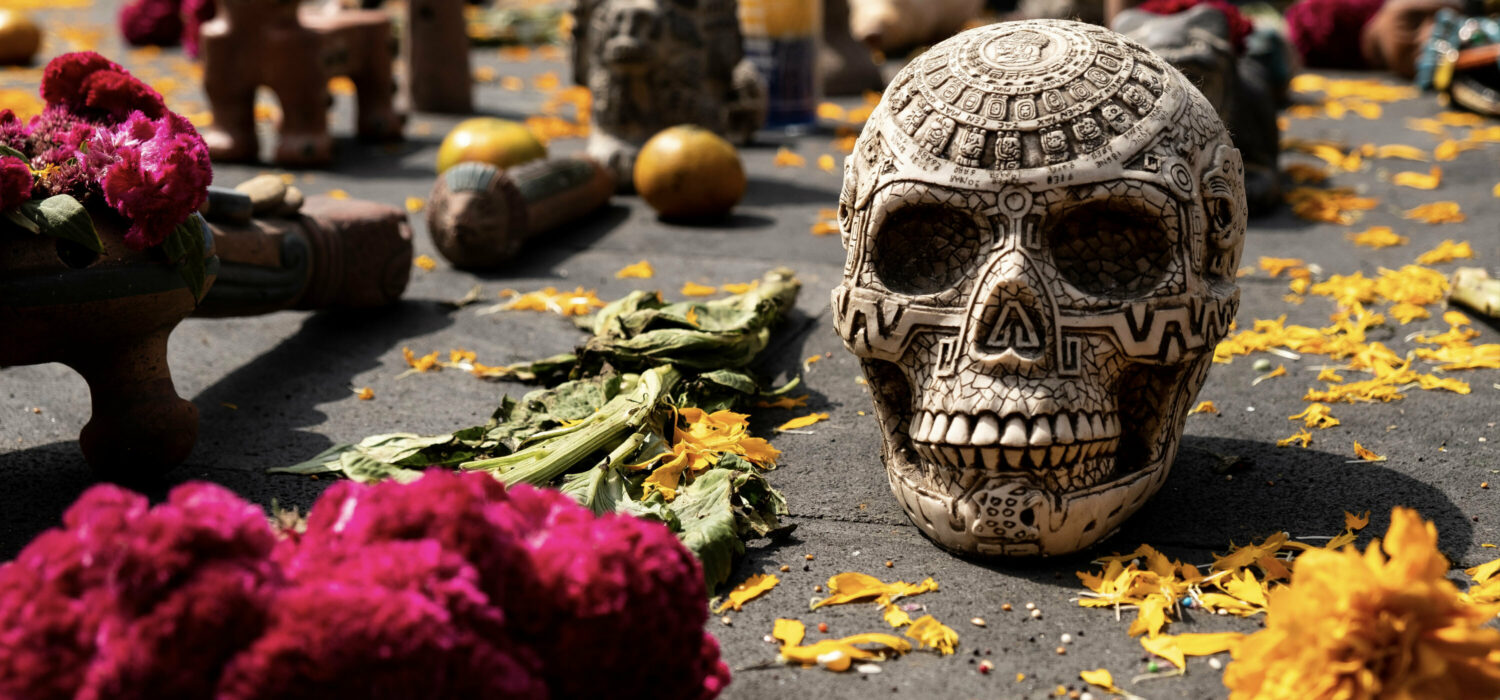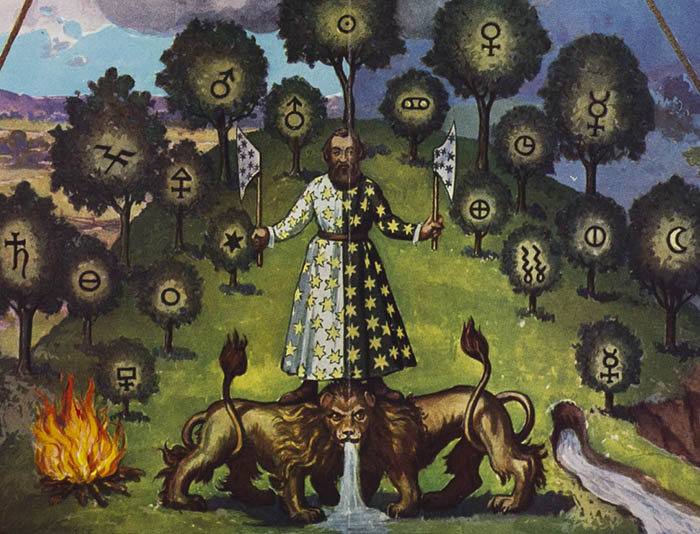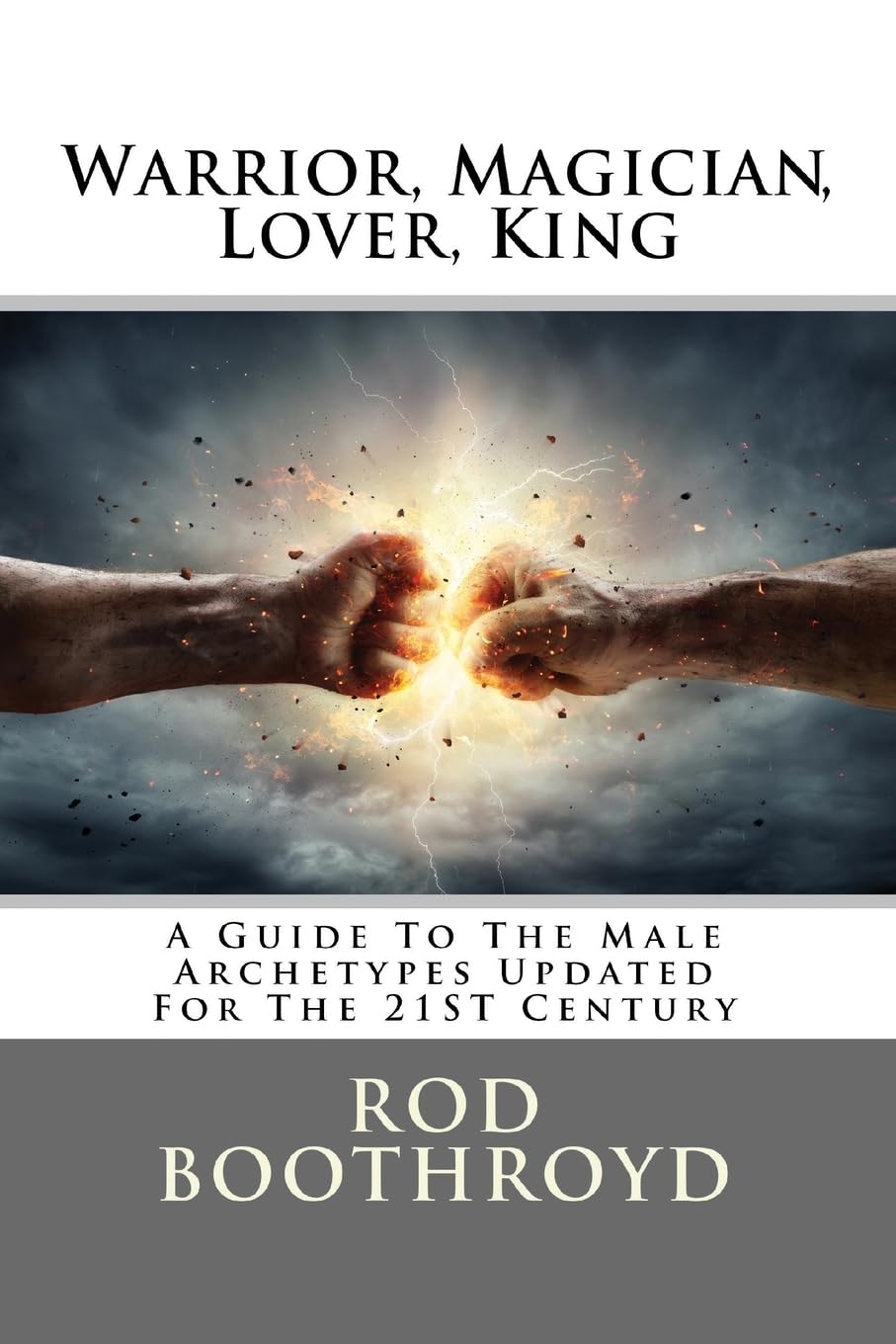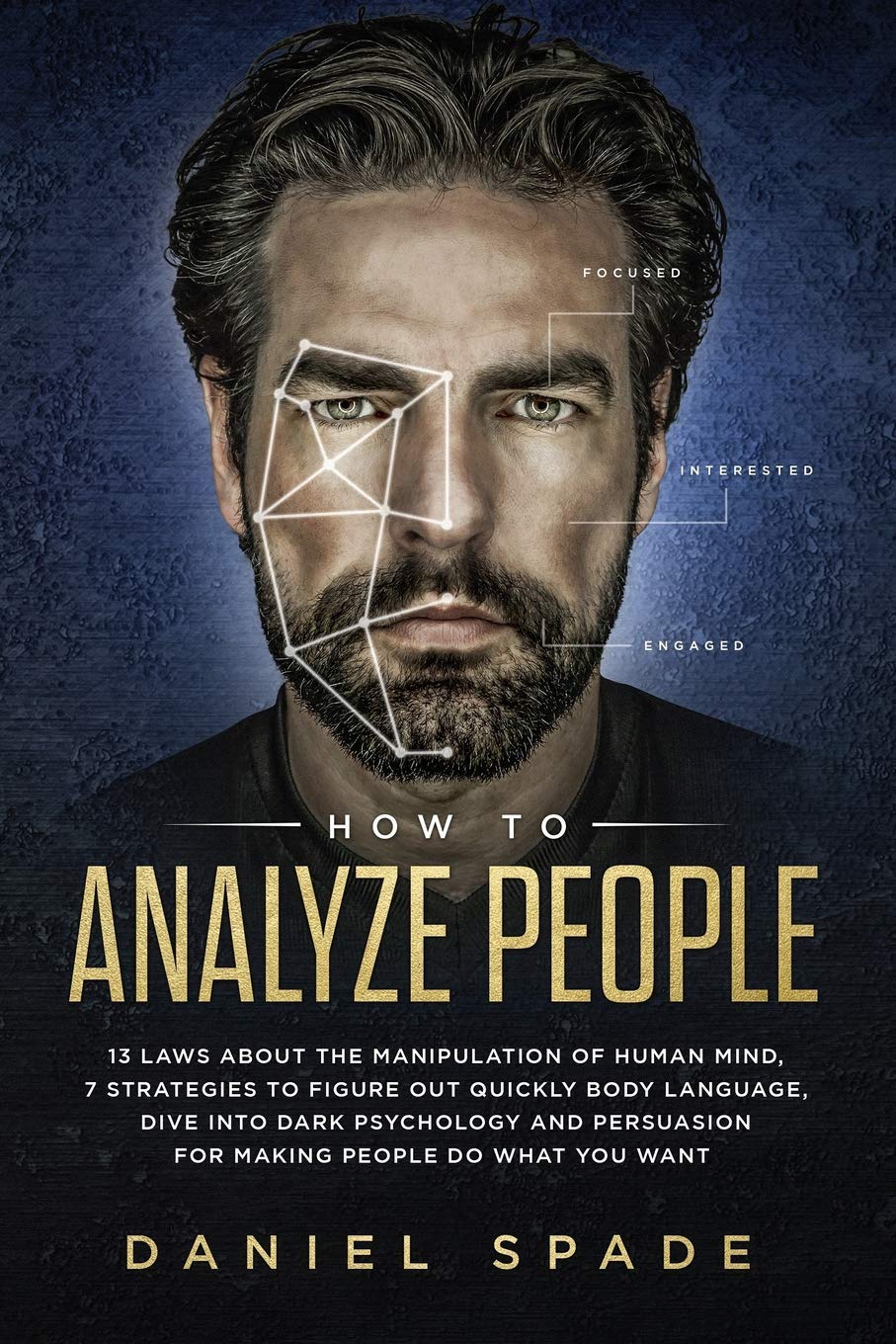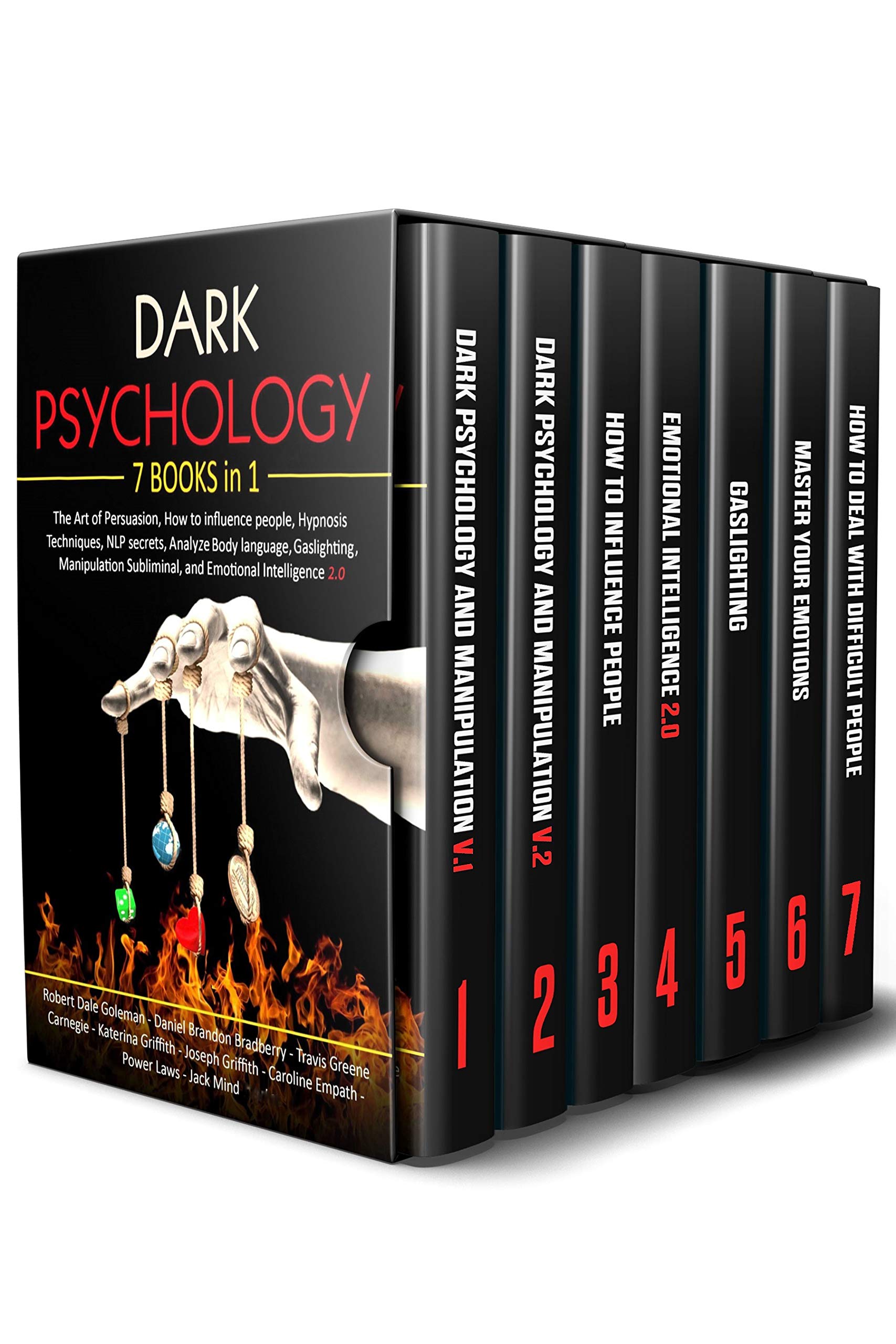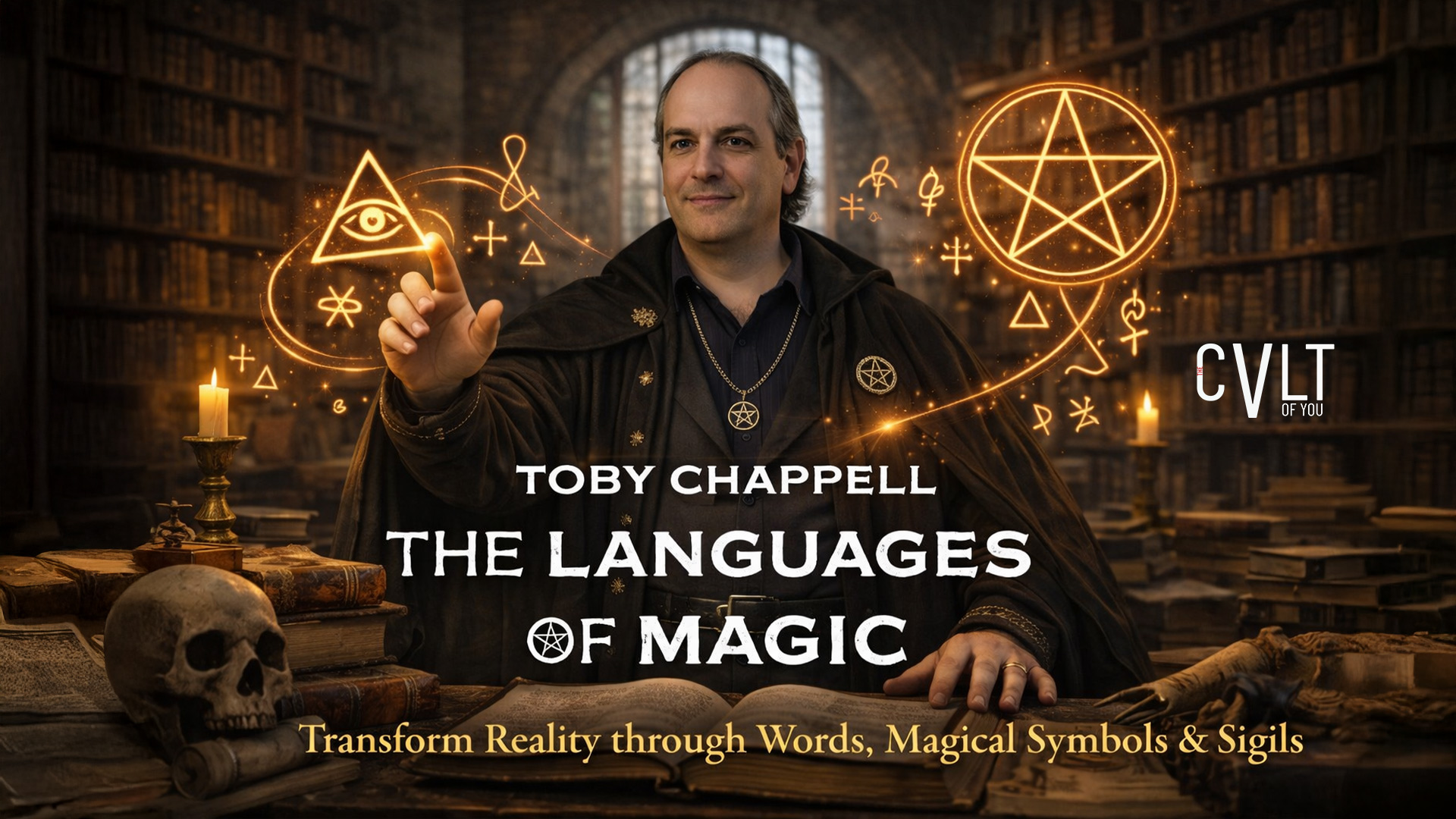
Toby Chappell – Language, Ritual, and Infernal Lucidity
In this evocative and unflinching episode of The Cult of You, Adam Nox returns with author, magician, and left-hand path scholar Toby Chappell for a revelatory dialogue exploring the semiotic underpinnings of magic, the transformative structure of ritual, and the intellectual rigor behind The Language of Magic. This conversation is more than a discussion—it’s a guided journey into the architecture of infernal philosophy and the precision of symbolic self-transformation. Drawing from the Greek Magical Papyri, chaos magic, and the initiatory current of the Temple of Set, this episode serves as a masterclass in magical communication, intention crafting, and self-actualization.
